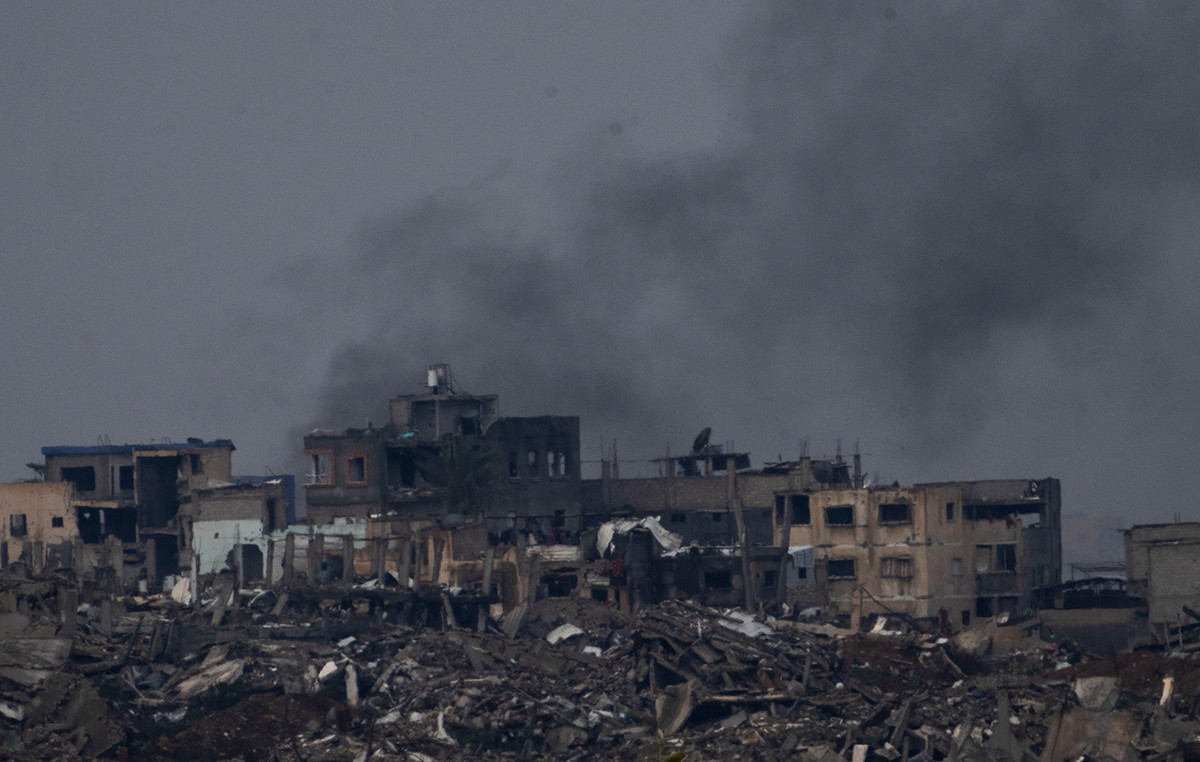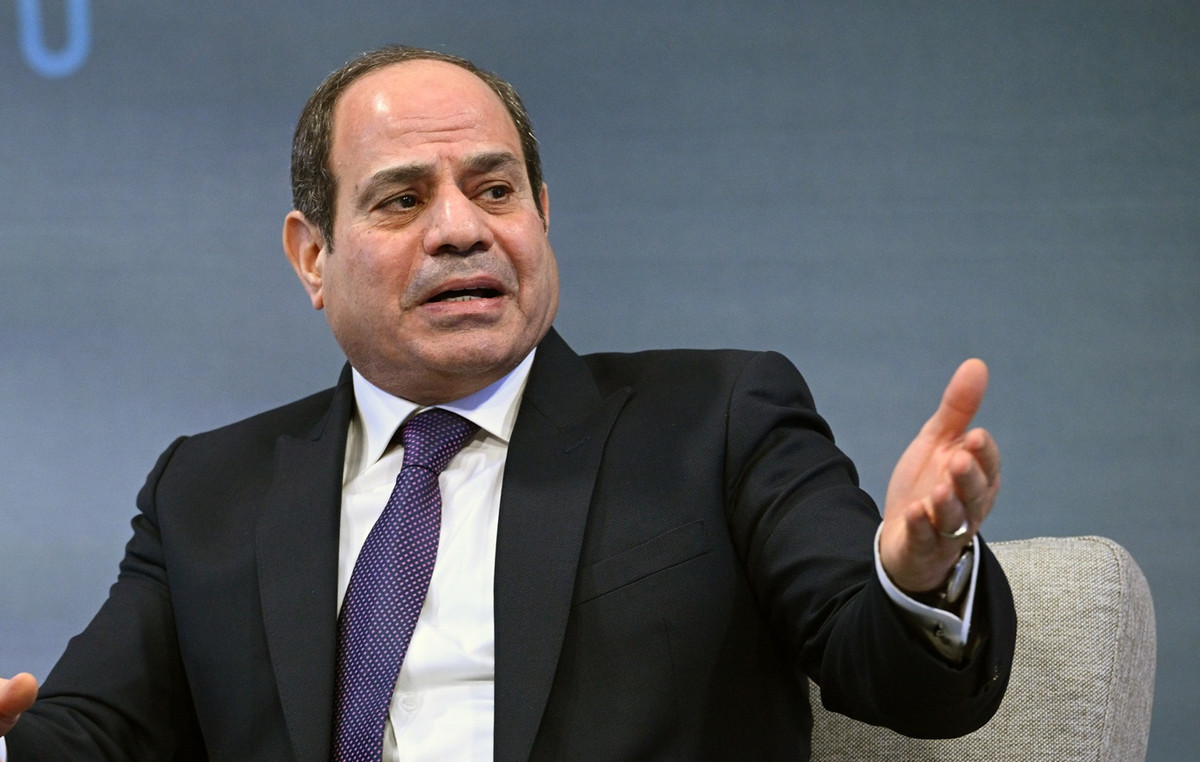The UK economy grew less than expected in July, with a sharp rise in energy tariffs possibly reducing demand for electricity and a jump in material costs hitting the construction sector.
The Gross Domestic Product (GDP) grew 0.2% compared to June, official data showed this Monday (12), below the median forecast of 0.4% and leaving the economy at risk of entering recession.
In the three months through July, GDP was stable in relation to the previous quarter.
“Anecdotal evidence suggests that there may be some signs of changes in consumer behavior and lower demand in response to rising prices,” the Office of National Statistics (ONS) said of a 3.4% drop in power generation.
Electricity prices jumped 54% in the 12 months to July, part of the rise in energy costs that prompted new Prime Minister Liz Truss to announce a cap on domestic energy tariffs last week.
That – and an expected round of tax cuts promised by Truss – reduced the risk of a severe blow to the economy from later this year, albeit at a cost of £100bn ($116bn) or more for already strained UK public finances.
Last month, the Bank of England predicted that the world’s fifth-largest economy will enter recession in late 2022 and not come out of it until early 2024, due in large part to the impact on living standards from rising energy prices. mainly caused by the war in Ukraine.
“We expect the UK economy to contract in the third quarter of 2022, following its -0.1% contraction in the second quarter of 2022,” said Jake Finney, economist at PwC.
“This would mean the UK would enter a technical recession for the first time since lockdown restrictions ended.”
GDP fell 0.6% in June, a month that included two public holidays to commemorate the late Queen Elizabeth’s 70th birthday on the British throne. An ONS spokesperson said the impact of holidays was not a big factor in July.
Source: CNN Brasil
Joe Jameson, a technology journalist with over 2 years of experience, writes for top online news websites. Specializing in the field of technology, Joe provides insights into the latest advancements in the industry. Currently, he contributes to covering the world stock market.







